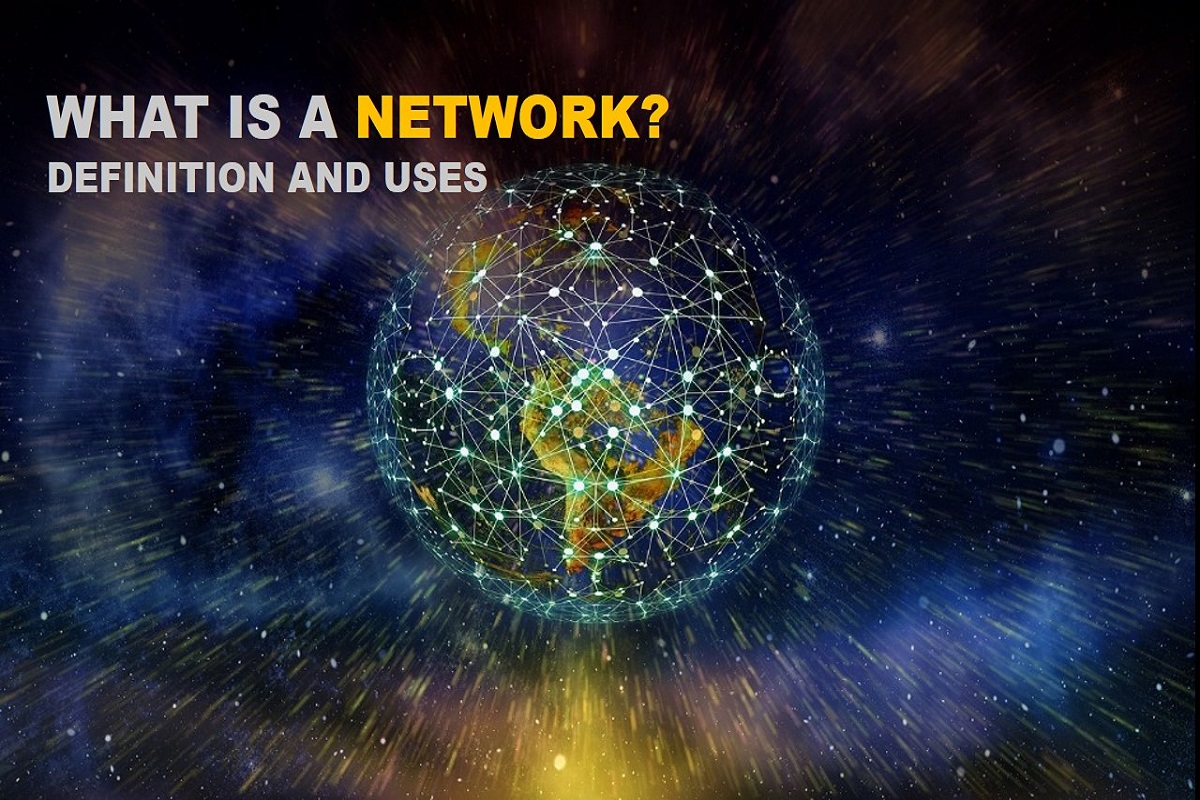Network Definition
From the Latin rite, the term network is used to define a structure that has a characteristic pattern. There are multiple types of network, such as the computer network, the electrical network and the social network.
The computer network names the set of computers and other interconnected computers, which share information, resources, and services. It can be categorized, depending on its scope (LAN or MAN or WAN, etc.), its connection method (coaxial cable, fiber optic, radio, microwave, infrared) or its functional relationship (client-server, person to person), among others.
Network Uses
The electrical network, on the other hand, is one made up of electric generators, transformers, transmission lines, and distribution lines, which are responsible for bringing electricity to residential users. The system uses different voltages, where the highest are applied at the most extended distances, while the voltages are reduced as the energy approaches the user’s facilities.
The social network has updated its meaning in recent years, as the term began to be used to define Internet sites that promote virtual communities according to interests. MySpace and Facebook are two of these social networks that bring together millions of users, who can exchange messages and files with other members of the network.
Also Read: Top 11 ExtraTorrent Alternatives + 12 Mirror Sites
Uses of Computer Networks
Networks in general, consist of “sharing resources”, and one of its goal is to make all programs, data and equipment available to any network that requests it, regardless of the physical location of the resource and the user.
In other words, the fact that the user is 1000 km away from the data, should not prevent the user from using them as if they were originated locally.
Virtual private networks are an example of this. VPNs, programs designed to create a private network on a public network, were originally created to provide access to corporate resources to employees who were away from the original network.
Nowadays, a VPN can be downloaded for a plethora of reasons. Most individuals use VPNs to secure their devices and network(s), especially if on a public network.
A second objective is to provide high reliability, by having alternative sources of supply. For example, all files could be duplicated in two or three machines, so that if one of them is not available, one of the other copies could be used.
In addition, the presence of multiple CPUs means that if one of them stops working, the others may be able to face their work, although there is lower overall performance.
Another objective is economic saving. Small computers have a better cost/performance ratio, compared to those offered by large machines. These are, roughly speaking, ten times faster than the fastest of the microprocessors, but their cost is thousands of times greater.
This imbalance has caused many system designers to build systems consisting of powerful personal computers, one per user, with the data stored one or more machines that function as a shared file server.
Also Read: Top 11 TamilRockers Proxy and Mirror Sites and How to Unblock It?

